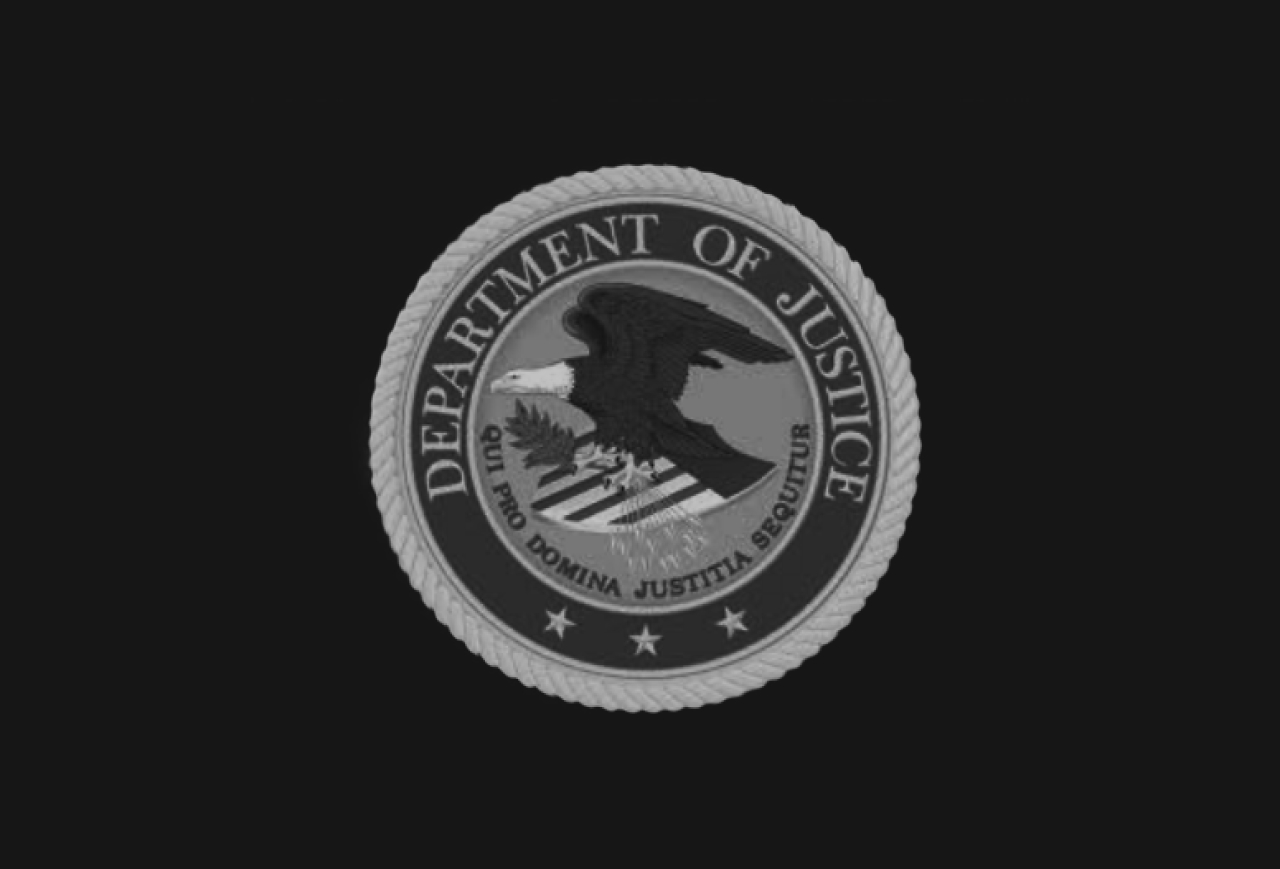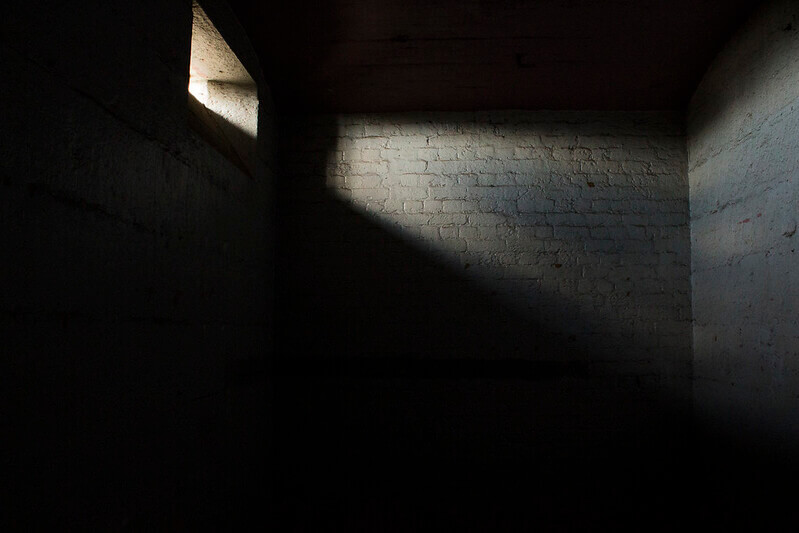After a two-year investigation, on November 20, 2020, the Department of Justice (DOJ) issued notice that there is reasonable cause to believe that conditions in the Massachusetts Department of Corrections violate the civil rights of incarcerated people under the 8th Amendment of the US Constitution, which prohibits cruel and unusual punishment. They found constitutional violations of the rights of incarcerated people in mental health crisis, which occurred pursuant to a pattern or practice of resistance to the full enjoyment of constitutional protections. This briefing, by WPF, Black and Pink Massachusetts, and the Massachusetts Against Solitary Confinement Coalition, summarizes the DOJ report and presents recommendations for change.
Download a pdf of the report summary.
Report Conclusion:
People suffering a mental health crisis, including acts of self-harm and suicidal ideation, while under the Commonwealth’s supervision in prisons receive treatment that violates their Constitutional rights. There were three overarching conclusions:
- DOC fails to provide constitutionally adequate supervision to people in mental health crisis;
- DOC fails to provide constitutionally adequate mental health care to people in mental health crisis;
- DOC’s use of prolonged mental health watch under restrictive housing conditions, including its failure to provide adequate mental health care, violates the constitutional rights of incarcerated people in mental health crisis;
- DOJ determined that mental health watch is solitary confinement by another name (footnote 1, pg.1).
The problem is significant: The DOC is abusing people living with serious mental illness which composes 24% of the prison population (p. 3).
What is a mental health watch?: a mental health status used for incarcerated people “whose behavior is deemed concerning enough to warrant some level of increased observation because the prisoner (1) is actively suicidal, (2) expresses suicidal ideation, or (3) acts in a manner that indicates the potential for self- injury” (p. 3).
Mental illness is not treated in prison; it is punished and worsened: Evidence demonstrates that self-harm increases in mental health watch cells. DOC “does not meaningfully increase therapeutic interventions,” resulting in prolonged crises (p. 4). In a 13-month period, 688 self-harm incidents occurred in these units, 103 of which required hospitalization (pg. 4).
The DOC fails to meet its own standards: DOC subjects people in mental health crisis to long periods of isolation in mental health watch, often longer than 96 hours and in violation of their own guidance. At least one person was held for: 180 consecutive days in half the prisons investigated; 90 days or longer in all but one prison; and for 30 days or longer in every prison.
Why is DOC failing so badly?: The DOJ report details numerous failures, including officers who provide weapons for self-harm (p.5) and fail to remove objects of self-harm; inadequate training and lack of consistent policies to handle mental health crises; and willful “disregard” for risks to people with mental health illnesses (pg. 4 – 11). Officers fall asleep on watch, encourage self-harming behavior (pg.11), and refuse or “purposefully delay” (pg. 10) medical attention.
Extreme isolation exacerbates mental health illness: DOC’s primary mode of addressing mental crises is to lock people into hyper-restrictive isolation which “has gravely detrimental effects on mental health” (pg. 18). These conditions subject incarcerated people “to a substantial risk of serious harm” (pg. 15). DOC needs to redistribute resources so that mental health care and treatment are prioritized above punishment.
Recommendations
The DOJ report indicated a series of minimum remedial measures, including how to improve:
- Supervision for people on mental health watch;
- The mental care received by people in mental health crisis;
- The duration and conditions of mental health watch.
All of these changes should be implemented with haste. Lives are at risk. Especially now with so many people in prisons held in increasingly restrictive conditions because of COVID-19, mental health issues are becoming more acute.
Massachusetts can do better than “minimum” measures. The below policy recommendations were developed by survivors of incarceration and community organizations.
- Implement sweeping policy change to eliminate the practice of isolating people who are in a mental health crisis by placing them in solitary confinement or other demoralizing and degrading conditions. People experiencing a mental health crisis should be placed in a therapeutic environment that fosters stabilization, healing, and growth, not punishment and shame.
- Accountability must include discipline, up to and including termination of all persons who played a role in fostering the conditions that resulted in the constitutional deprivations found by the Justice Department. This should include all levels of DOC personnel or staff, including those who directly or indirectly encouraged self-harming behavior or ignored the serious medical needs of people experiencing a mental health crisis.
- Transparency and independent oversight must increase so that the community can properly monitor what happens to our family, friends, and neighbors while they are incarcerated. To advance this goal, DOC should eliminate unfair and burdensome charges for telephone usage currently in place that block communication between those who are incarcerated and their loved ones and advocates.
- District Attorneys and courts should avoid incarcerating people who live with serious mental illness. Prisons are incubators and accelerators of mental illness and offer little to no chance of rehabilitation. We would all be better served if those suffering from serious mental illness are in a community-based therapeutic environment that can address their underlying issues.
- The DOC must be required to collect and publicly report data on people held in mental health watch and solitary confinement.
Voices from Inside
Lives are at risk and people have died because of failures of mental health treatment in prison. Samples of people whose stories are told in the DOJ report:
On December 16, 201 9, while on 1:1 mental health watch, DD cut his neck with a razor for the second time on the same day in the same area. MDOC staff told us that DD is talented at releasing large amounts of blood from his body before staff realize that he has self-injured; however, DD told us that correctional officers observe him “bloodletting” and do not care, making callous remarks such as, “not good enough,” intimating that he needs to engage in more serious self- harm before they will call for medical attention (pg. 8).
On July 10, 2019, CC, housed at Souza-Baranowski Correctional Center, cut himself so badly that blood can be seen pooling on his cell floor in the video obtained by the Department… He slumps back against the wall, and is cuffed through the slot in the cell door. Staff do not intervene to take CC out of his cell until 2:37 a.m., approximately 45 minutes after an officer became aware of the cutting (pgs. 6 -7).
… four months earlier, MM told mental health staff that “she was going downhill” as a result of mental health watch and that the climate on mental health watch may have contributed to her psychiatric hospitalization. Despite this warning, MDOC placed MM back on mental health watch on February 23. After her suicide attempt on March 3, MM again told mental health staff that her mental health watch placement “increase[ed] [her] anxiety and ‘voices’ which increased [her] suicidal ideation and led to her suicide attempt” (pg. 14).”
On October 29, 2019, SS, a gay man who had issues with incontinence because of prostate cancer, died by suicide after hanging himself in his Restrictive Housing Unit cell at MCI- Shirley… According to the medical records, a clinician performed a security referred crisis call at that evening and from the cell door reported that SS appeared stable and stated that he was fine. The next morning, SS was found unresponsive with a ligature around his neck. There is no evidence in the records that clinicians addressed his loss of a parole opportunity or the tormenting of prisoners and officers who targeted him for being gay and needing to wear diapers prior to his release from mental health watch. Further, there is no evidence that an adequate step-down process was implemented

